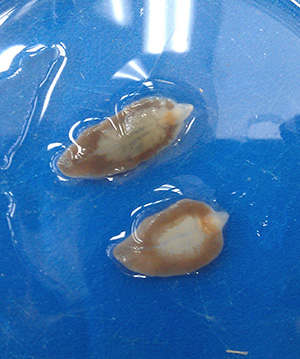Calendula
Loving the herd life
- Joined
- Sep 21, 2014
- Messages
- 150
- Reaction score
- 178
- Points
- 133
Welcome to BYH! I can't answer your question about sheep, but I also live in lower Michigan.  I also have chickens and ducks, no Muscovies, but I do have a two Buff Orpington roosters and then a Barred Rock/Buff cross.
I also have chickens and ducks, no Muscovies, but I do have a two Buff Orpington roosters and then a Barred Rock/Buff cross.
I also have Nigerian Dwarf goats.
I also have Nigerian Dwarf goats.



